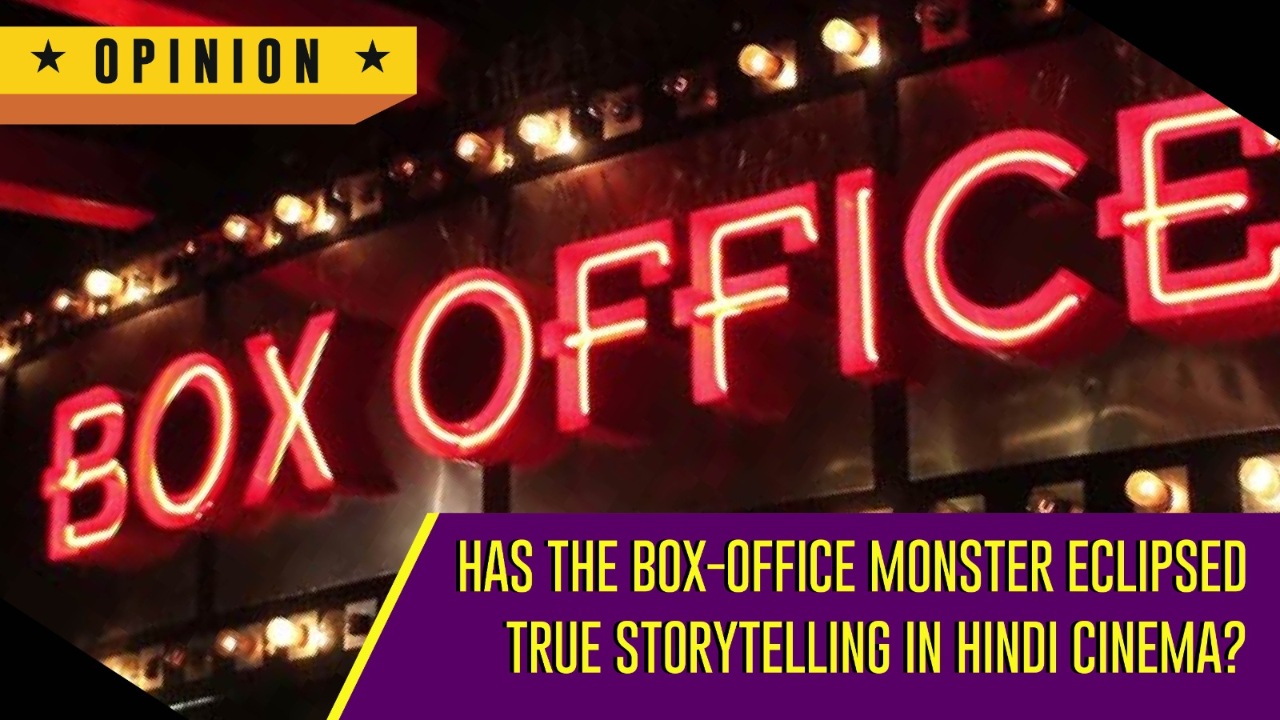By all accounts, the box office has become the new god of Hindi cinema. Numbers now speak louder than narratives. Profits shout louder than performances. In this noisy arena of first-day collections and 100-crore clubs, storytelling—the soul of cinema—seems to be slowly gasping for breath. Manoj Bajpayee recently aptly likened Bollywood’s obsession with box office numbers to Bhasmasura, a mythical demon destined to destroy his own creator. The metaphor isn’t just poetic; it’s prophetic.
There was a time when Hindi cinema honoured stories—tales rooted in emotion, culture, conflict, and humanity. Today, films are increasingly engineered, not very much visualised. The artistry of filmmaking has given course to a numbers game, where narrative depth is often surrendered at the altar of opening weekend profits. Producers flaunt collections instead of craft. Trailers are less about tone and more about coquetting grandeur. And the audience, conditioned by this commercial circus, equates financial success with cinematic merit.
Manoj Bajpayee rightly laments that this obsession has ruined the culture of filmmaking. He said, “It’s a monster that is created by the producers themselves, the commercial producers, for their own game. Very soon, this monster is going to eat you up. You have created Bhasmasura. Just wait for the day you are going to put your hand on your own head, and you will be ruined. This has been created by our own successful people, and one day it will eat them up,” as per TOI.
Filmmakers now approach cinema as a means, not an end. The pressure to perform at the box office breeds mediocrity masked as spectacle. Marketing budgets overshadow script development. Scripts are tweaked to appease trends, not to challenge or reflect society.
Even the audience has been swept into this illusion. If a film earns ₹100 crore, it is instantly declared a “very good film” by popular consensus. The metric of success has narrowed, and so has the space for unconventional, meaningful cinema. It’s a dangerous precedent when quality is judged not by what a film says, but by what it earns.
But the industry doesn’t have to remain trapped in this toxic cycle. Manoj Bajpayee took note of Amitabh Bchchan, and said that actors like Big B have shown that it is possible to strike a balance, working in both blockbusters and story-driven films.
The onus lies not only on filmmakers and studios but also on audiences. Until we start demanding more than just numbers, until we reward nuance over noise, the Bhasmasura of the box office will keep consuming what once made Hindi cinema magical: its stories.

